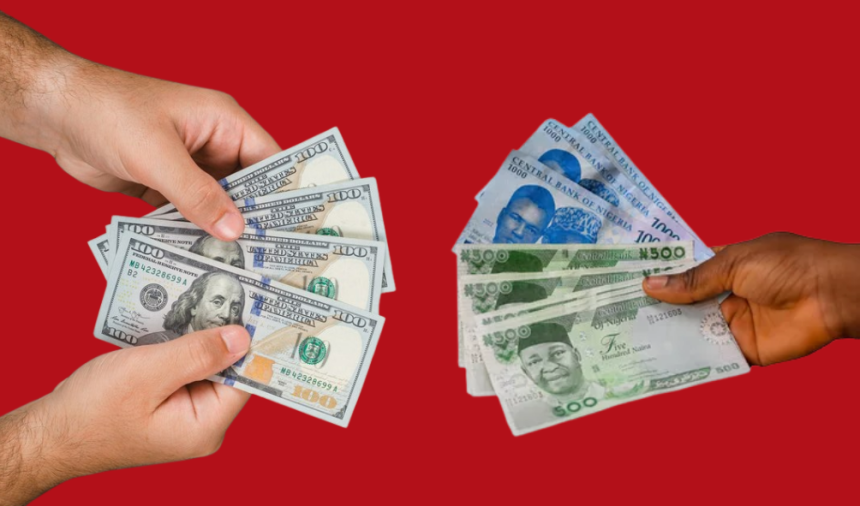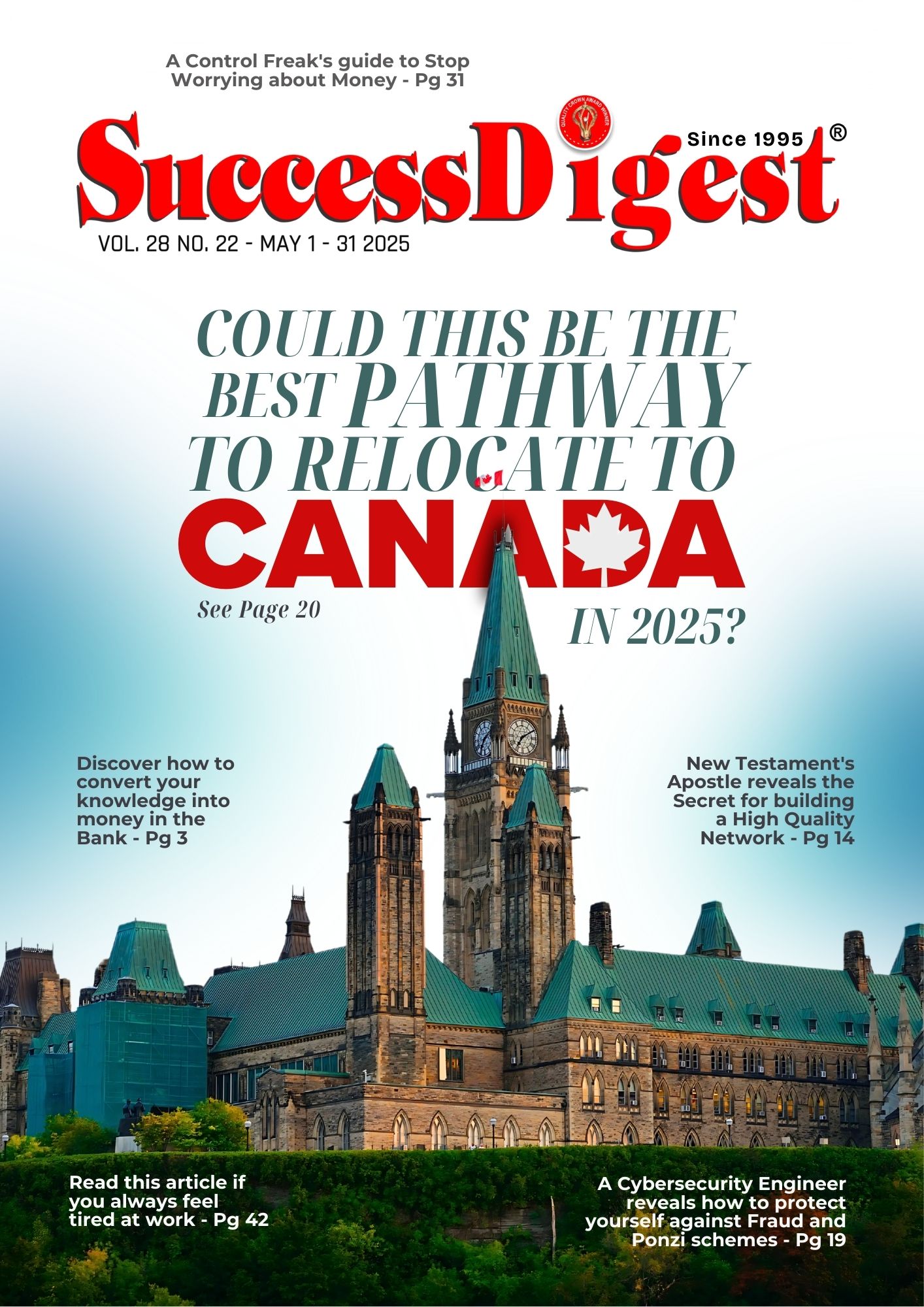Naira Hits N1,600/$1 Amid Global Trade Turmoil. The Nigerian economy is facing a significant challenge as the official exchange rate of the naira depreciates to N1,600 per dollar, marking a sharp decline from N1,569 recorded earlier. This development comes at a time when global markets are grappling with the ripple effects of sweeping tariffs imposed by U.S. President Donald Trump. The confluence of domestic economic pressures and international trade disruptions has raised concerns about Nigeria’s financial stability and its ability to weather external shocks.

What the Data is Saying
The Central Bank of Nigeria (CBN) recently reported that the naira’s indicative exchange rate rose by N31 to reach N1,600 per dollar in the Nigerian Foreign Exchange Market (NFEM). This marks the first time in three months that the naira has crossed the N1,500 threshold. Similarly, in the parallel market, the naira weakened further to N1,565 per dollar from N1,555, widening the margin between official and unofficial rates to N35 per dollar.
This depreciation reflects mounting pressure on Nigeria’s foreign exchange reserves and underscores the challenges posed by limited forex inflows. While gross external reserves stood at $40.19 billion at the end of 2024—a notable increase from $33.22 billion in 2023—the first quarter of 2025 saw seasonal declines due to foreign debt interest payments and reduced oil revenues.
CBN Net Foreign External Reserves (NFER): A Silver Lining?
Despite the naira’s depreciation, Nigeria’s net foreign external reserves (NFER) have shown remarkable improvement. At $23.11 billion by year-end 2024, NFER surged by 479% compared to $3.99 billion in 2023. This increase is attributed to deliberate policy measures aimed at reducing short-term forex liabilities such as swaps and forward contracts, alongside efforts to boost non-oil forex inflows.
Governor Olayemi Cardoso emphasized that these gains are no accident but rather a result of strategic reforms designed to rebuild market confidence and reduce vulnerabilities. However, while these reserves provide a buffer against external shocks, they may not be sufficient to counteract the immediate effects of currency depreciation and rising inflation.
Trump Tariffs Rattle Global Markets
The global economy is reeling from U.S. President Donald Trump’s aggressive tariff policy announced in April 2025. Raising effective tariff rates from under 1% to between 22.5% and 24%, Trump’s measures have disrupted trade relationships and heightened fears of a worldwide recession. Analysts predict that these tariffs could lead to slower growth and higher inflation globally, with JPMorgan estimating a 60% chance of a global recession by year-end.
For Nigeria, these tariffs pose additional challenges. As a developing economy reliant on exports like crude oil and agricultural products, Nigeria faces increased costs for accessing U.S. markets. A newly imposed 14% tariff on Nigerian exports further exacerbates trade imbalances. Combined with existing domestic pressures on forex reserves and currency stability, this creates a precarious economic environment.
Implications for Nigeria’s Economy
The interplay between domestic currency depreciation and global trade disruptions has far-reaching implications for Nigeria’s economy:
- Rising Inflation: The weaker naira will likely lead to higher import costs, driving up prices for consumer goods.
- Investor Confidence: While improved forex reserves signal progress in macroeconomic management, persistent currency volatility may deter foreign investment.
- Trade Deficits: Higher tariffs on exports could reduce Nigeria’s competitiveness in international markets, widening its trade deficit.
- Monetary Policy Challenges: The CBN faces a delicate balancing act between stabilizing the naira and maintaining forex reserves amidst growing external pressures.
What Lies Ahead?
As Nigeria navigates these challenges, several strategies could help mitigate risks:
- Diversifying Forex Inflows: Increasing non-oil exports and attracting foreign direct investment remain critical for bolstering reserves.
- Strengthening Domestic Production: Reducing reliance on imports can help stabilize inflation and support local industries.
- Policy Coordination: Transparent fiscal policies paired with disciplined monetary interventions are essential for restoring investor confidence.
In conclusion, while Nigeria’s improved forex reserves offer some reassurance, the combined impact of currency depreciation and global trade disruptions underscores the urgent need for robust economic reforms. As markets adjust to Trump’s tariffs and their cascading effects worldwide, Nigeria must prioritize resilience-building measures to safeguard its financial stability.
Don’t Miss | Transform Your Business: Marketing Efficiency and BPI Techniques That Deliver Results in 2025















